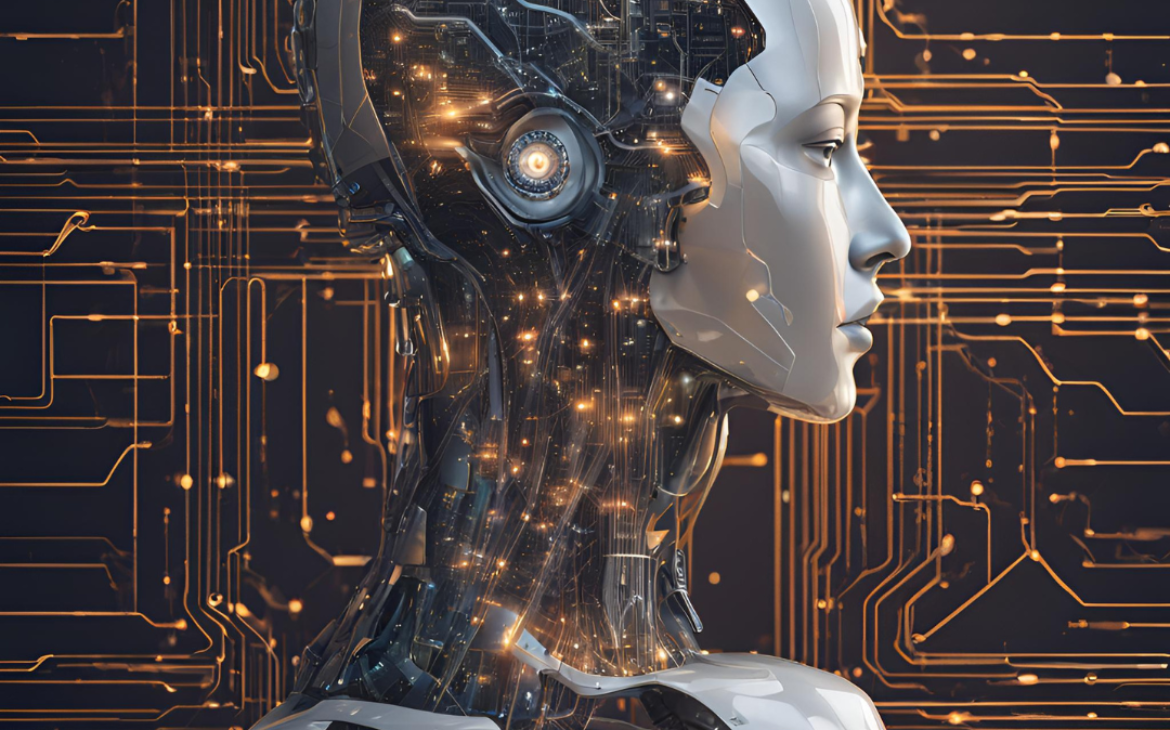Artificial intelligence, or AI, is defined as a field of computer science focused on developing intelligent tools, machines, or applications that function and acquire knowledge similarly to human beings. The development of artificial intelligence has brought many changes in thinking and actions, allowing for the automation of repetitive tasks. Siri, Bixby, Google Assistant, and Alexa are names of some of the most well-known virtual personal assistants from Google, Samsung, Apple, and Amazon, designed to assist users of mobile devices or digital technology. One of the most famous products of artificial intelligence is ChatGPT, which generates texts on user-defined topics. Children and young people have embraced this tool from the American company OpenAI and use it for various purposes, sometimes even to deceive the educational system and save time on homework.
Artificial intelligence and its products have significant power and potential to shape 21st-century society; therefore, it is crucial to develop awareness of the possible shortcomings and negative consequences arising from the improper use of AI technology. AI systems are not perfect, which leads to continuous improvements and configurations. The creators of AI tools embed certain information and data into the system, which it operates on, and a significant problem that may arise is system bias. Data within AI systems can be intentionally or unintentionally biased. In the modern world, where digital technology forms the foundation, the spread of false news and disinformation poses a significant problem with potentially devastating consequences. The development of artificial intelligence has undoubtedly accelerated and simplified the process of creating and sharing false and misleading content. AI has the ability to generate convincing fake news and disinformation, which can hinder individuals’ ability to recognize misleading and manipulative content, thus disrupting the functionality of society. Deepfake technology, a product of artificial intelligence, is frequently used to create deepfake videos, which are false videos of individuals saying things they never actually said. This type of technology makes videos extremely convincing, making it challenging to distinguish them from reality. Furthermore, a significant potential problem arises concerning security. Malicious individuals or actors aiming to manipulate public opinion can use AI tools to achieve their goals of destabilizing society more quickly and easily. Disinformation, fake news, conspiracy theories, and their rapid spread through a globally connected society can lead to devastating consequences and provoke unrest.
AI creations can enhance the training and education of individuals. In addition, artificial intelligence can improve the process of identifying false news and disinformation. AI has facilitated the development of mechanisms and tools that operate on the principle of machine learning, allowing users to search for the authenticity of digital content, including images and videos. Newer AI tools also accelerate and simplify the process of collecting and identifying disinformation and fake news on social media by searching for keywords such as sensationalist and bombastic claims and headlines.
The proper use of AI tools and mechanisms is extremely important. The possibilities of AI for people are limitless and substantial; however, improper use can have negative, powerful, and devastating consequences on how people think, act, and ultimately live. Therefore, it is crucial to develop media literacy skills in the field of digital technology so that individuals can manage new technology and learn about its advantages, as well as its shortcomings and potential risks.
Check your knowledge about artificial intelligence at:
The goal of the quiz is to help users of the platform learn what artificial intelligence is.
This quiz has been designed as part of the project “Improving the Culture of Fact-Checking,” conducted by HUOJ in collaboration with media experts from Lider Media and the Faculty of Economics at the University of Zagreb, with financial support from the European Union – NextGenerationEU.
1Europe Direct Čakovec (2024.) ŠTO JE TO AI (UMJETNA INTELIGENCIJA) I TREBAMO LI JE SE BOJATI?

